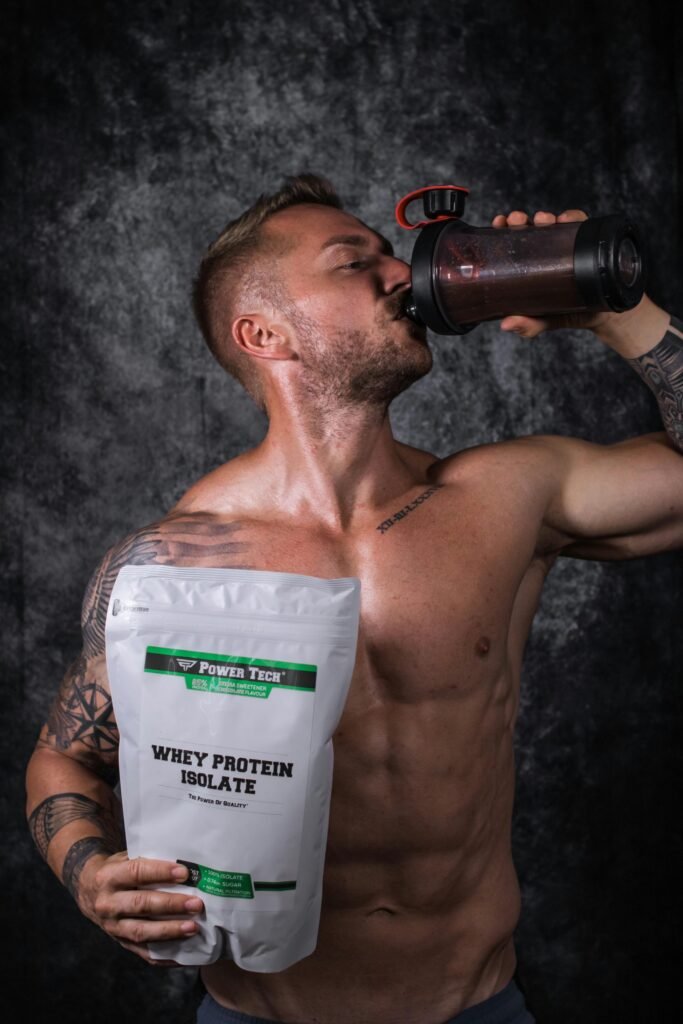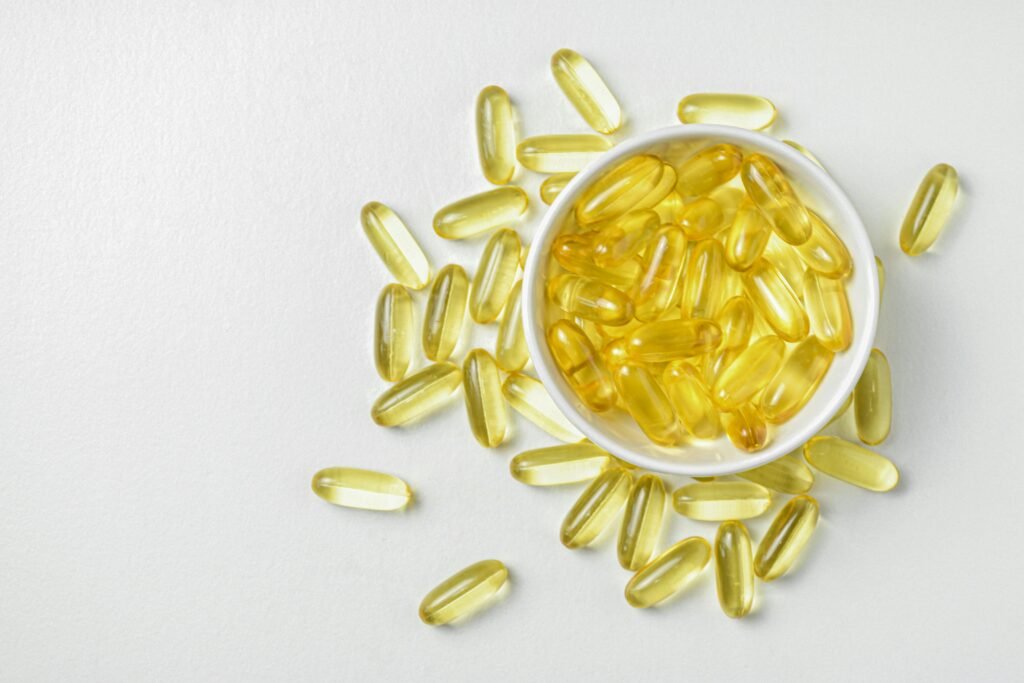In the world of health and nutrition, whey protein is a powerhouse. From aiding muscle recovery to enhancing immune health, this supplement has earned its place in the routines of fitness enthusiasts and health-conscious individuals alike. But what sets whey protein apart? Let’s dive into the latest research to uncover its proven benefits and how it fits into your lifestyle.
What Makes Whey Protein Unique?
Whey protein is a complete, fast-digesting protein derived from milk during the cheese-making process. It’s rich in essential amino acids, especially leucine, which drives muscle protein synthesis. Available as concentrate, isolate, and hydrolysate, it caters to varied dietary and fitness goals.
💡 Quick Insight: Unlike plant-based proteins, whey protein has an unmatched bioavailability, making it easier for your body to absorb and utilize.

1. Enhances Muscle Recovery and Strength
Whey protein’s high leucine content stimulates muscle repair and growth more effectively than other protein sources. A 2022 study published in Frontiers in Physiology showed that whey supplementation post-exercise enhanced strength gains and muscle mass in resistance-trained individuals【1】.
Moreover, combining whey protein with resistance training reduced recovery time by minimizing muscle damage markers like creatine kinase【2】.

2. Supports Healthy Weight Loss
Whey protein isn’t just for bulking up—it’s an effective tool for weight loss. Research indicates that whey protein enhances satiety by modulating hunger hormones like ghrelin. A meta-analysis in 2023 found that individuals supplementing with whey experienced greater fat loss and muscle preservation compared to those on lower-protein diets【3】.
🌟 Pro Tip: Replace a meal with a whey-based smoothie loaded with fruits and greens for a nutrient-packed alternative!
3. Strengthens Immune System Function
Did you know whey protein supports your immune health? It contains lactoferrin and immunoglobulins, which boost immunity by promoting white blood cell production. Recent studies confirm that whey protein supplementation reduces oxidative stress and inflammation, key factors in preventing chronic diseases【4】【5】.
Whey’s role in glutathione production—a potent antioxidant—also helps combat cellular damage. This benefit is particularly useful for aging adults or those under physical stress.
4. Improves Cardiovascular Health
Whey protein’s bioactive peptides exhibit angiotensin-converting enzyme (ACE) inhibition, which helps lower blood pressure. A 2023 study in The Journal of Nutrition concluded that regular whey intake reduced systolic blood pressure and LDL cholesterol levels in individuals with borderline hypertension【6】.
💡 Heart Smart: Use whey isolate if you're aiming for cardiovascular benefits without added fat or lactose.
5. Promotes Gut Integrity and Digestion
Emerging evidence highlights whey protein’s role in gut health. Its peptides help maintain intestinal barrier function, reducing permeability linked to inflammatory bowel conditions. A clinical trial published in 2023 showed that whey supplementation improved gut microbiota diversity, supporting digestion and overall gut health【7】.
6. Boosts Cognitive Function
Surprisingly, whey protein may benefit brain health. Studies have shown that its unique amino acid profile, particularly tryptophan, supports serotonin production, enhancing mood and reducing stress. Additionally, whey’s antioxidant properties protect brain cells from oxidative damage【8】.
🌟 Did You Know? Athletes using whey reported improved focus and mood stability during intense training regimens!
How to Incorporate Whey Protein?
- Post-Workout Recovery: Blend 25–30g with water or milk within 30 minutes of exercise.
- Meal Replacement: Pair with oats, fruits, or nut butter for a balanced meal.
- Before Sleep: Use casein-blended whey for overnight muscle recovery.

Potential Risks and Considerations
- Lactose Intolerance: Opt for whey isolate or hydrolysate to avoid digestive discomfort.
- Overconsumption: Excessive protein intake may strain kidneys in susceptible individuals.
- Interactions: Consult a healthcare provider if you’re on medication or managing chronic conditions.
Top-Rated Whey Protein Brands
- Optimum Nutrition Gold Standard 100% Whey: Award-winning flavor and effectiveness.
- Dymatize ISO100 Hydrolyzed Whey: Ultra-pure protein for rapid absorption.
- Legion Whey+: Grass-fed whey for clean, high-quality nutrition.
Conclusion: A Game-Changer for Health
Whey protein is more than a fitness supplement—it’s a scientifically proven ally for muscle recovery, immune support, weight management, and even heart and brain health. Backed by extensive research, this versatile protein source fits seamlessly into diverse lifestyles.
So, whether you’re building muscle, losing weight, or simply seeking better health, whey protein is your go-to choice.
References
- Morton RW, et al. Muscle protein synthesis and resistance training: Evidence from whey supplementation. Front Physiol. 2022; 13:856.
- Schoenfeld BJ, et al. Protein timing in resistance training. J Strength Cond Res. 2022; 36(1):33-40.
- Westerterp-Plantenga MS, et al. Whey protein improves weight management. Nutr Metab. 2023; 20:47.
- Davani-Davari D, et al. Gut integrity benefits from whey protein peptides. Clin Nutr. 2023; 42(3):564–572.
- Silva PR, et al. Oxidative stress reduction with whey protein. J Clin Biochem Nutr. 2023; 52(1):13–20.
- Cicero AF, et al. Cardiovascular effects of bioactive peptides in whey protein. J Nutr. 2023; 35(4):512–523.
- Vulevic J, et al. Gut microbiota diversity with whey protein. Int J Nutr. 2023; 14(2):98–109.
- Markus CR, et al. Cognitive and mood-enhancing effects of whey protein. Neurosci Biobehav Rev. 2023; 133:61-71.



